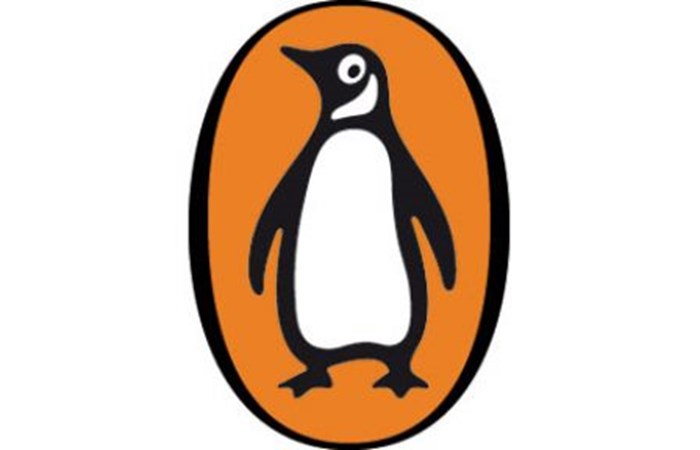Penguin move into self-publishing NEWS

US publishing giants are moving into self-publishing, allowing a 'direct path' into print for new authors.
One of the biggest traditional publishers has made the move to allow aspiring authors to self-publish their work as ebooks.
Costing between $99 and $549, depending on the options such as whether the writer wishes to format their own ebook or fork out for 'professional print'. The self-publishing option is to give writers 70% of the sale price of their work if priced above $2.99, and 30% if priced below.
Penguin USA will provide this service through Book Country, their genre-fiction online community. Through Book Country, aspiring writers submit their work online for feedback and it has been stated by Penguin 'a small number' of those members have secured deals as a result.
'A growing number of authors simply want to go directly to readers with their books. We respect that new reality and the changed landscape that technology has brought to book publishing,' said Molly Barton, president of Book Country and Penguin's global digital director. 'Self publishing is a trend that isn't going away.'
Self publishing is, indeed, a trend that isn't going away - the Penguin announcement follows the news that author Amanda Hocking has become the second self-published writer to sell more than a million ebooks, after John Locke.
Penguin has stated it is the first of the 'big six' publishers to go in this direction, though HarperCollins does point writers towards Amazon's CreateSpace which allows self-publishing. However, Amazon is currently under fire as arguments over Kindle lending library copyright breach unfold, possibly changing how the 'big six' trade with this massive online retailer.
'The issue for me is how do you as a publisher be really clear about the importance of editorial standards on one hand in your main business, and on the other hand say 'you can do it, have a go, it's fine'?' Author Harry Bingham questioned. 'It's not quite clear how they will make that separation and serve both communities. One of those offerings is going to somewhat contradict the other.'

 Popular
Popular Recent
Recent Comments
Comments

















